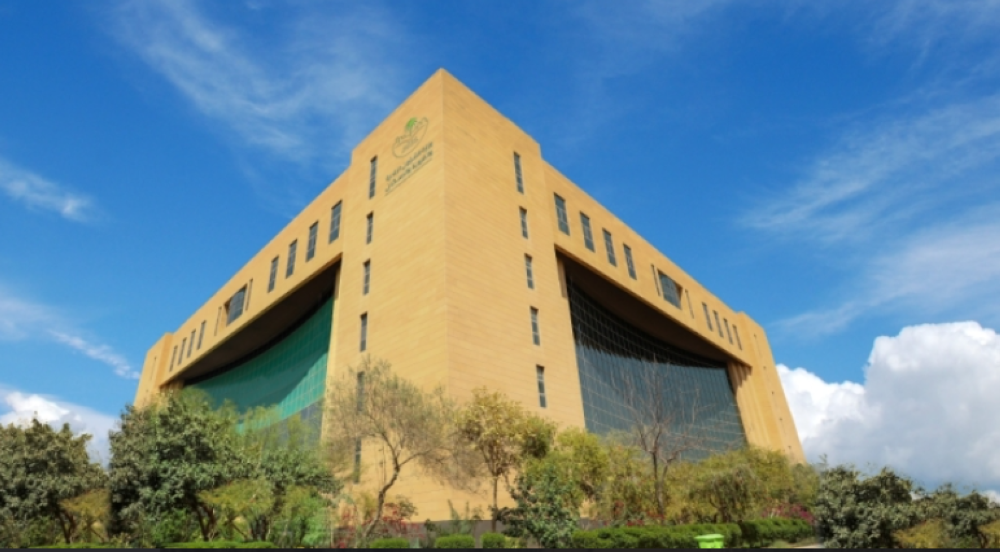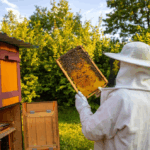
The Ministry of Municipalities and Housing has introduced new draft regulations to govern the activities of bakeries and sweet shops through the “Survey” platform. This initiative aims to improve the business environment, raise food safety standards, and promote organized investment in this vital sector, in partnership with the General Food and Drug Authority.
This effort is part of the Ministry’s broader strategy to unify regulatory and operational standards for food-related activities, ensuring consumer health protection and compliance with technical and health regulations. It also seeks to enable entrepreneurs to safely enter and expand within the sector under a clear regulatory framework.
Main Categories
The proposed regulations divide bakery and sweet shop activities into four main categories: First, “Regular Bakeries,” which include shops preparing and selling various types of bread, along with accompanying products like butter, honey, cheese, and cold cuts. Second, “Semi-Automated Bakeries,” which rely partly on manual labor and partly on machinery. The categories also include shops that prepare sweets on-site without external marketing, and finally, shops that display and sell pre-packaged sweets produced in licensed factories.
The regulations require establishments wishing to engage in these activities to obtain a municipal license in accordance with the licensing system and its executive regulations. Additionally, approval from civil defense and any relevant supervisory authority is mandatory, along with a valid commercial registration that includes the activity to be licensed.
The new rules impose several location and exterior appearance requirements, such as prohibiting any activity before obtaining a license or after its expiration, engaging in unlicensed additional activities, or expanding beyond the shop’s boundaries without proper permits. They also emphasize maintaining a clean facade free of random stickers, allowing only regulatory information like working hours and electronic payment methods, and prohibiting the closure of approved parking spaces or their use for unauthorized storage.
Internal Environment Conditions
Regarding the internal environment of shops, the Ministry requires ventilation systems to comply with the Saudi Building Code, ventilation openings to be covered with mesh to prevent rodents and insects, maintaining an ambient temperature not exceeding 25°C, and adhering to the approved chimney guidelines for commercial activities.
Strict controls are set for receiving food supplies, including inspecting deliveries upon arrival to verify temperature, safety, and absence of pests, with results recorded using clean or non-contact tools. Deliveries not meeting specified cooling temperatures (4°C for refrigerated foods and -18°C for frozen foods) must be rejected, and Gulf standards for transportation and storage must be followed.
For storage, establishments must provide a clean, dry environment with adequate shelving and spacing, and avoid storing food items in changing rooms or alongside detergents. Precise storage temperatures are specified by product type, with raw foods prohibited from being stored above ready-to-eat items. Open food must be covered, and dates of opening or thawing must be recorded, following the “first in, first out” principle.
<h






